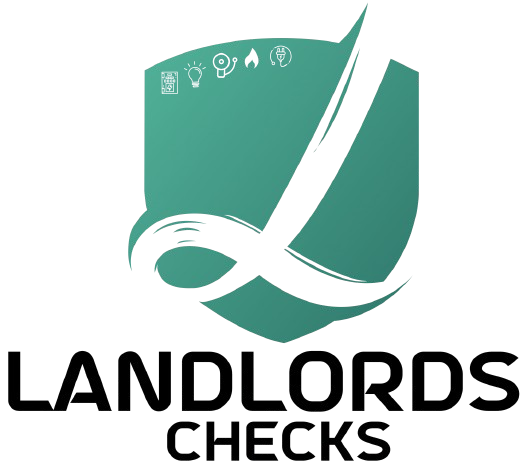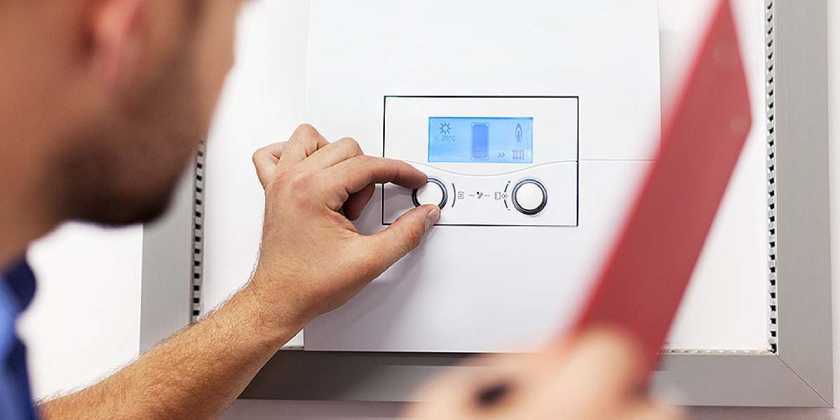As a landlord in London, ensuring the safety of your tenants is of paramount importance. Gas appliances and installations pose potential risks if not properly maintained, making regular gas safety checks a crucial aspect of property management. This article explores the gas safety check guidelines in London and highlights the instrumental role certified engineers play in helping landlords secure their homes.
-
Legal Obligations:
Landlords in London, like elsewhere in the UK, are bound by legal obligations to conduct annual gas safety checks. These checks are mandated under the Gas Safety (Installation and Use) Regulations 1998. It is essential for landlords to adhere to these regulations to guarantee the safety of tenants and comply with the law.
-
Frequency of Gas Safety Checks:
Gas safety checks must be carried out by a Gas Safe registered engineer at least once a year. These checks ensure that all gas appliances, fittings, and flues are in a safe and working condition. Regular inspections are critical in identifying potential hazards and addressing them promptly.
-
Gas Safe Registered Engineers:
Landlords should only engage Gas Safe registered engineers for gas safety checks. The Gas Safe Register is the official list of gas engineers who are qualified to work safely with gas. Engaging a certified professional ensures that the gas safety check is conducted competently and in compliance with regulations.
-
Comprehensive Inspections:
During the gas safety check, certified engineers will inspect all gas appliances, flues, and pipework. They will check for leaks, ensure proper ventilation, and assess the overall safety of the gas installation. Any issues identified will be categorized as either ‘dangerous,’ ‘at risk,’ or ‘not to current standards,’ and appropriate action must be taken.
-
Issuing Gas Safety Certificates:
Upon the successful completion of the gas safety check, landlords must provide tenants with a Gas Safety Certificate within 28 days. This certificate outlines the findings of the inspection and confirms that the property’s gas appliances meet safety standards. A copy must also be retained by the landlord for at least two years.
-
Landlords Check Certified Engineers:
Engaging certified engineers for gas safety checks not only ensures compliance but also brings peace of mind to both landlords and tenants. Certified professionals possess the expertise to identify and rectify potential issues, minimizing the risk of gas-related accidents and enhancing overall property safety.
-
Tenant Communication:
Clear communication with tenants is crucial during the gas safety check process. Landlords should provide advance notice of inspections, ensuring that tenants are aware of the importance of the checks for their safety. Cooperation between landlords, tenants, and certified engineers fosters a collaborative approach to maintaining a safe living environment.
-
Beyond Compliance:
While compliance with regulations is essential, the commitment to safety goes beyond mere legal obligations. Regular gas safety checks contribute to building trust between landlords and tenants, showcasing a dedication to providing a secure and comfortable living space.
Conclusion:
Gas safety checks in London are not just legal requirements; they are fundamental steps in ensuring the well-being of tenants. Engaging Gas Safe registered engineers for these checks is a wise investment that contributes to the overall security of rental properties. By following guidelines, communicating effectively, and partnering with certified professionals, landlords can take proactive measures to secure their homes and create a safe living environment for their tenants.





